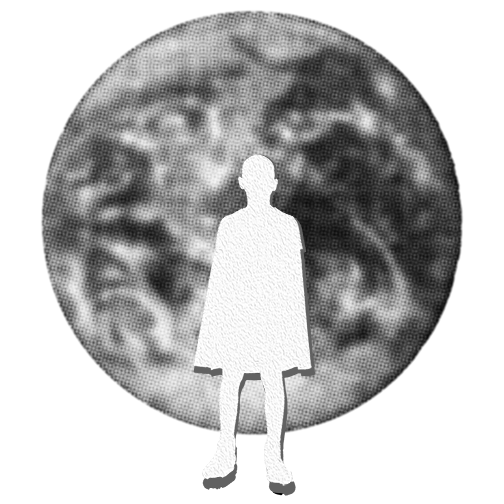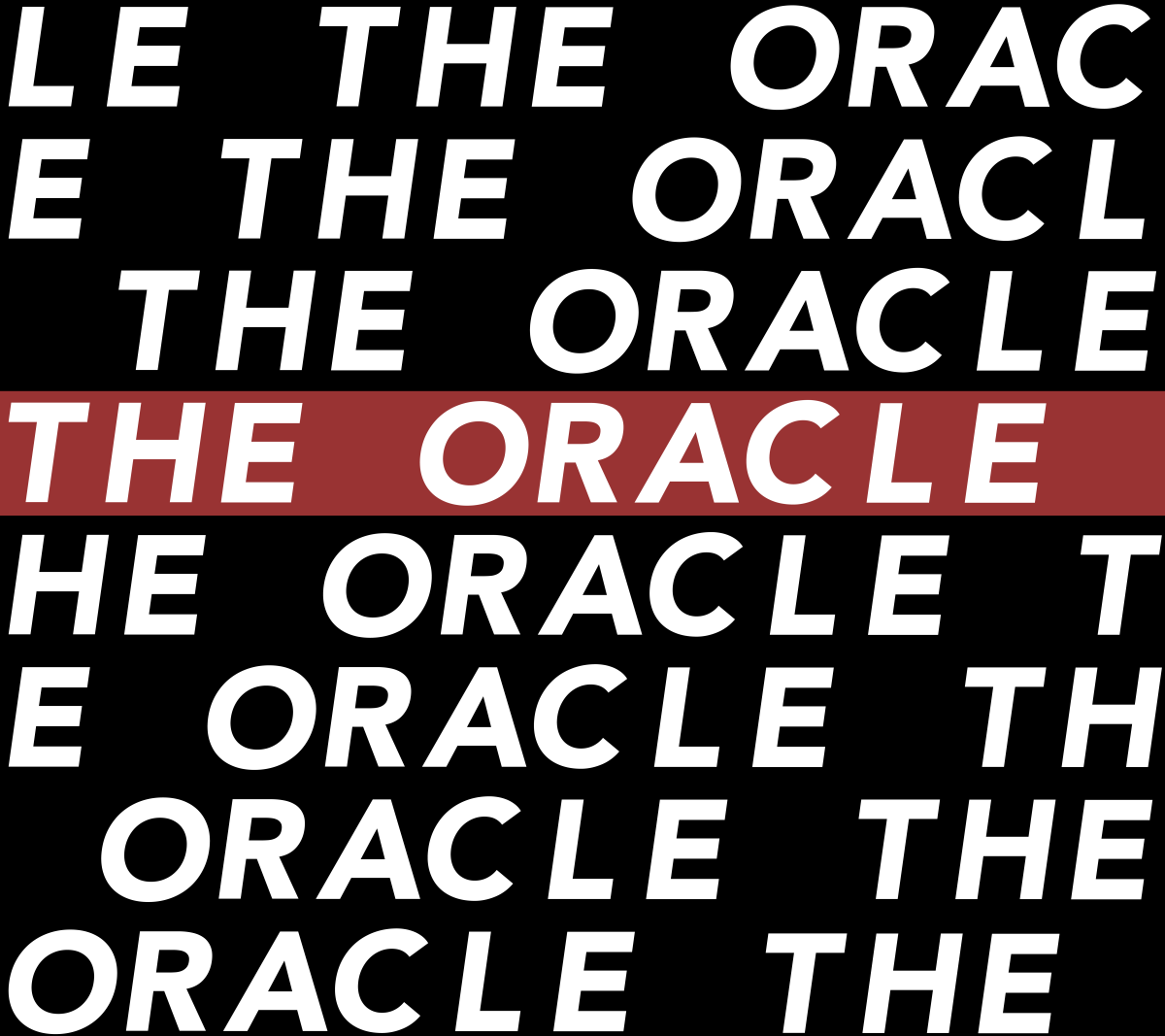What’s harder to believe than a guy who can save the world? A guy who drops everything the moment he hears someone calling for help. Who runs into a burning building before he knows if anyone’s in there and only leaves to save a cat from a tree. Where does this kind of person go when he’s not saving the world?
He goes home.
Sorry, I’m gonna take a short break from the big man (not god… or Paul Bunyan?) to give you a little bit of a history lesson because it’s important to contextualize what I’m saying. So, Jerry Siegel and Joe Shuster were these two Jewish guys whose families fled to the United States in the early 20th century to escape the anti-Jewish programs of eastern Europe. It initially proffered some hope, some peace, but things didn’t stay that way. I don’t know if you’re a history buff or anything, but there was this event that happened in the late 1930s that irrevocably changed the entire world and, with that, horrifically ended the lives of six million Jewish people. Despite common credence assuming this hatred was unique to Europe, the proliferating antisemitism inevitably dispersed to the west, where these two men, like all refugeed Jewish people, watched as their culture, heritage and people were destroyed. The world looked hopeless, so Siegel and Shuster strived to fit in this place that didn’t seem to want them.
Superman is an ideal. He seems perfect because, in all respects, he is. His abilities allow him to infallibly love everyone around him unhindered by human fragility. That idea, in and of itself, is alien and intentionally refutes the cynicism of the 20th century, which unceasingly prevails in our world. Our world can be mean, so I think it matters when a popular character represents niceness. At least, it does enough that I’d write a paper on it. It definitely mattered for Siegel and Shuster because they created a whole-ass comic book universe to escape the mean around them. Superman was a counterargument to a mean that convinced anyone who wasn’t blonde, white, and blue-eyed that they had to hide themselves to feel wanted by the world.
There’s this misunderstanding with Superman where people assume he’s impossible to relate to because he’s different; he’s from another world. But maybe that’s how his readers feel. As Superman, Kal-El fulfills what the world needs of him. With the tights on, he’s adored, envied—accepted. He can do all these amazing things when he adjusts his identity, but when he takes his cape off, he’s just Clark Kent; A guy who still needs to make sense of the world and gets scared when he can’t and needs reassurance from his mom to feel safe.
He enjoys being Superman because when he is, he can sit with a stranger to make them feel less alone and stop alien invasions (or whatever world-ending thing is happening in comic books at the time), but he’ll never really be accepted because he’ll never not be different.
He’s an American; he grew up in Kansas, learned whatever values his parents imbued, and gets his ass kicked by capitalism just like everyone else, but he also just happens to be Kryptonian— a heritage of his that’s erased. His dual identities are incongruent.
When people connect with this character, they’re connecting with something pretty basic—being human. He reflects the Jewish experience but simultaneously represents the human experience. You never see this random guy in his glasses and peacoat; he goes to work to do kind of the same thing every day for most of his conscious hours just to come back to his modest apartment, where he waits to relive it again the next day.
That’s his life, but somewhere beneath his dress shirt is someone capable and strong who’s worth a glance or a smile or the time they’re willing to give others. He deserves to fit in for what others don’t immediately see but ceaselessly struggles to, because how could they? I don’t know; I think this sounds pretty human.
This character, at its core, tells the story of an immigrant who manages to persevere despite pervasive obstacles and stands up to impersonal forces of nature to reward hope. The two pundits I talked about earlier established this in a time and place that genuinely needed it. Siegel and Shuster evinced that the voiceless can be strong. Over time, more voices molded the character, and stories didn’t always work, but the original purpose never left the yellow S symbol. In some ways, Superman can be overly saccharine, but sentimentality should never be a weakness. The world is cynical enough. If an earnest story can make someone feel a little less hopeless or alone,at least for a short while, then criticizing it makes you no better than Lex Luthor (a bad guy who has probably never even said “sorry” or “I love you” to his mom.) There’s enough despondency around for our lifetimes, but sincerity? Comics have a huge collection of characters, but Superman is the sun they all revolve around. When children in hospitals light up to their favorite Superhero visiting them, the force that pushed Shuster and Siegel to create the myth of Superman is still very much alive. There’s a moment in All-Star Superman where his cells are decaying and he’s about to die. He could be doing anything anywhere with whoever he’d like, and he chooses to spend what could be his last breath comforting a stranger in crisis. What mostly stands out to me is he smiles only after nobody can see him because he truly, unabashedly enjoys being good. That’s Superman. Clark’s unconditional positive regard for others doesn’t just tell characters in the story to hold on a little while longer, it tells the reader too.







Max • Jan 10, 2024 at 2:40 pm
I totally agree, superheros are meant to be ideal versions, idk what the obsession is with trying to make them TOO realistic, just watch a normal action movie, these guys are super for a reason!